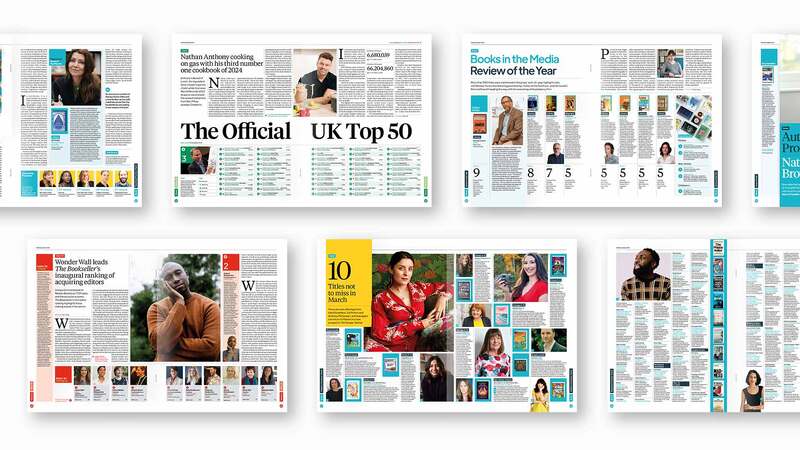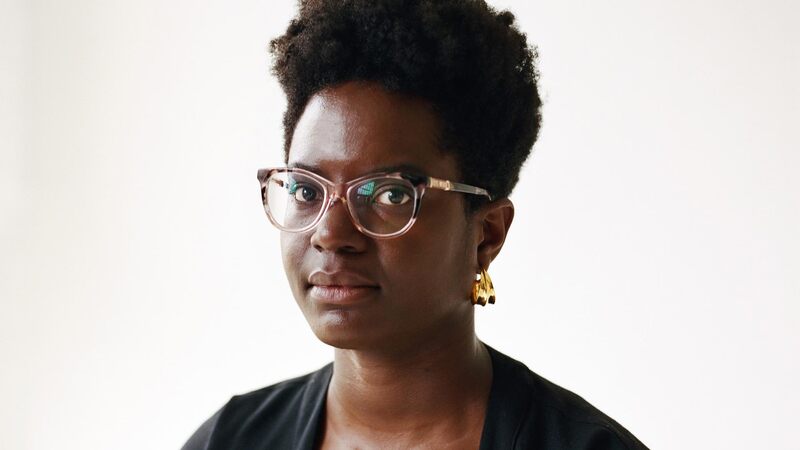You are viewing your 1 free article this month. Login to read more articles.
UK e-book purchases 'up 20% in 2013'
E-book purchases in the UK rose by 20% in 2013, with self-published titles accounting for one-in-five sales.
The figures were revealed at Nielsen’s Books & Consumers Conference on One Birdcage Walk, London earlier today (19th March).
Steve Bohme, who conducts book research for Nielsen, revealed that readers spent £300m on 80m e-books in the year of 2013 – an increase of 20% year-on-year, according to Nielsen market research. .
Print books were still by far the most popular medium, however, with £2.2bn spent on them in 2013 -4% lower by value and volume (323m) in comparison to 2012, mainly due to the phenomenal sales of the Fifty Shades of Grey trilogy in 2012. When the Fifty Shades titles are stripped out, however, volume book buys actually rose 1%.
E-books accounted for one in four consumer book purchases, up from one in five a year earlier. One in five of those purchases were self-published titles, according to the research, representing 12% of the spending on e-books. Self-published fiction titles typically sold for much less than professionally published titles – at £2 - whereas mainstream fiction e-books typically sold between £3-4.99. “The rise in self-publishing meant that in 2013, the average price paid for fiction e-books dropped to around 60% of that paid for fiction paperbacks,” Bohme said. Around 40% of e-book purchases in 2013 were on adult fiction titles, compared with 33% in 2012, with adult fiction e-book sales rising to one in eight buys and children’s digital books representing a tenth of e-book sales.
While the data showed bookshops had lost share of book purchases in 2013 overall, they did gain share in the print market – staying ahead of internet retailers for physical book sales. However, internet-only businesses were Ahead of bookshops in terms of overall volume, reflecting their dominance in the e-book market.
"Convenience, atmosphere, happenstance, selection and service" were the most common reasons why buyers bought books in chain and independent stores, with the research showing indies increasingly benefitted from consumers’ desire to support local shops. Internet retailers were popular for convenience service and most of all price and having to buy on a specific device, in contrast.














